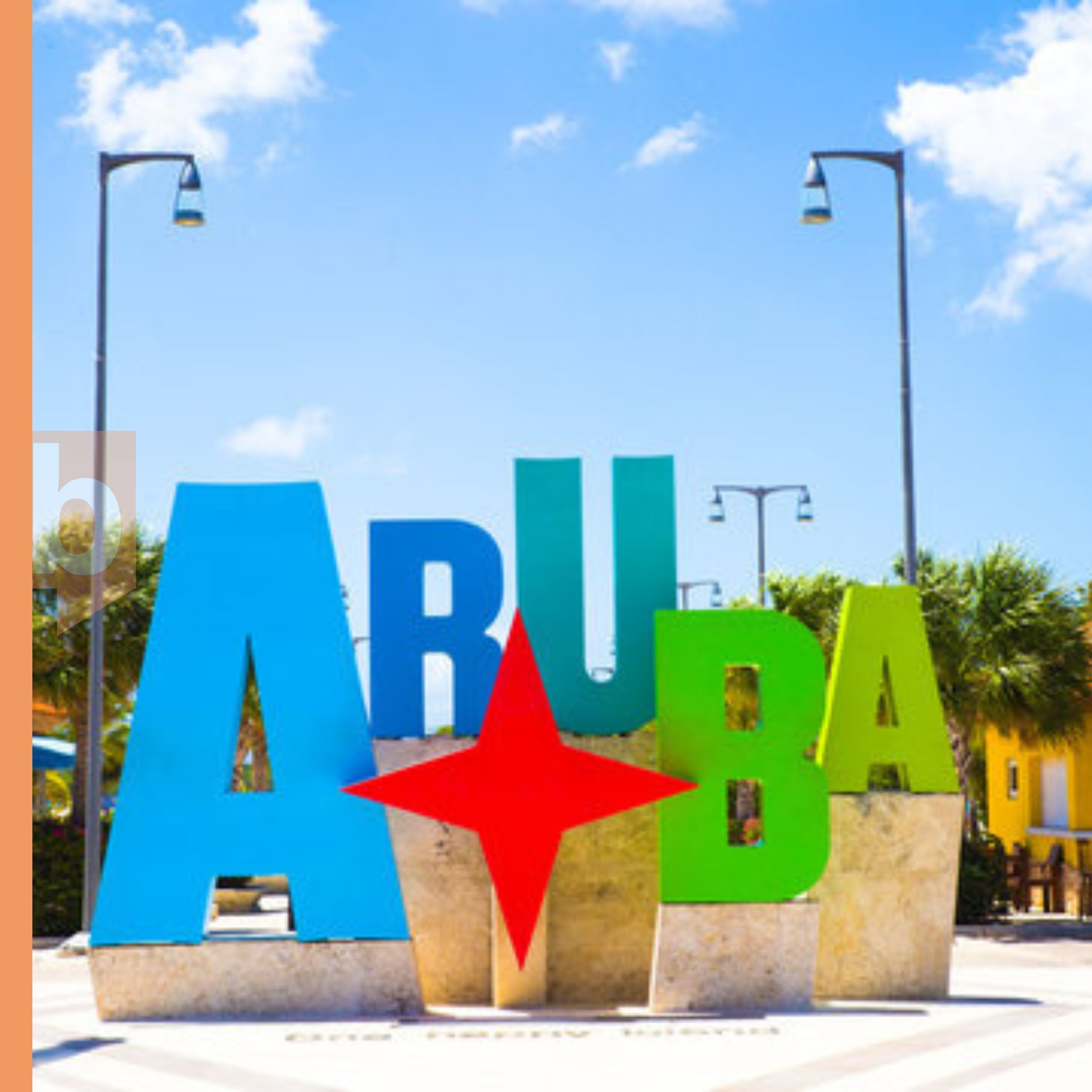Aruba faces new financial framework under HOFA Kingdom Act: Promise and Constraint

ORANJESTAD--The Council of Ministers of the Kingdom of the Netherlands has approved the draft Kingdom Act on Sustainable Public Finances for Aruba (HOFA), triggering an online consultation process that could reshape the island’s financial future.
The legislation is designed to stabilize Aruba’s public finances over the long term, strengthen its credibility with international lenders, and provide access to borrowing under the favorable AAA rating of the Dutch treasury. Prime Minister Mike Eman welcomed the law as an opportunity to unlock cheaper financing for investments in infrastructure, healthcare, and education, calling it a step toward responsible growth within the Kingdom.
But concerns remain. Critics argue that while the law promises new avenues for investment, it also introduces strict limits on political decision-making. Under HOFA, Aruba must reduce its national debt to 50 percent of GDP, even though the debt now hovers around 110 percent, more than 6 billion florins against an economy of 5.5 billion florins. To meet this standard, the government must generate a primary surplus of 3.5 percent of GDP annually, roughly 190 million florins. In times of crisis, the surplus requirement rises to 4.5 percent.
These figures translate into politically painful choices, with higher taxes or cuts to healthcare, education, and social security as potential outcomes. The automatic correction mechanism built into the law leaves little flexibility for governments to shield citizens from economic downturns.
In return, the Netherlands promises access to capital borrowing at historically low interest rates, potentially saving Aruba hundreds of millions in future interest costs. Yet this access is limited to new investments such as roads, schools, and hospitals. Everyday budget shortfalls must still be covered by Aruba itself.
The law also expands what counts as national debt, now including obligations from public institutions and public-private partnerships, such as the Social Insurance Bank, the General Health Insurance scheme, and large projects like the Watty Vos Boulevard and Oduber Hospital. Aruba is further required to build up a financial risk reserve of between one and five percent of its budget, or 60 to 300 million florins, money that will be unavailable for immediate policy needs.
For many in Oranjestad, the parallel with Curaçao and Sint Maarten is sobering. Both countries have been under financial supervision since 2010, measures introduced as temporary but still in place fifteen years later. The fear is that Aruba’s “temporary” supervision will likewise become permanent, narrowing political space for generations.
State Secretary for Kingdom Relations Eddie van Marum framed the agreement as proof that Aruba and the Netherlands can work together while respecting one another’s positions. But as the consultation moves forward, questions remain: will HOFA provide Aruba with a stable financial foundation, or will it lock the island into a fiscal straitjacket that curtails its autonomy?
Time will tell, just as it has for Sint Maarten and Curaçao.
Join Our Community Today
Subscribe to our mailing list to be the first to receive
breaking news, updates, and more.





